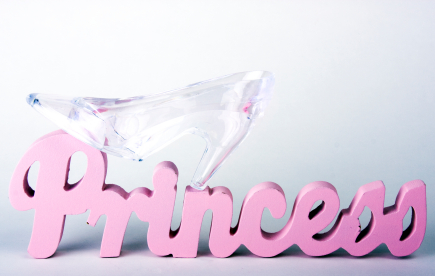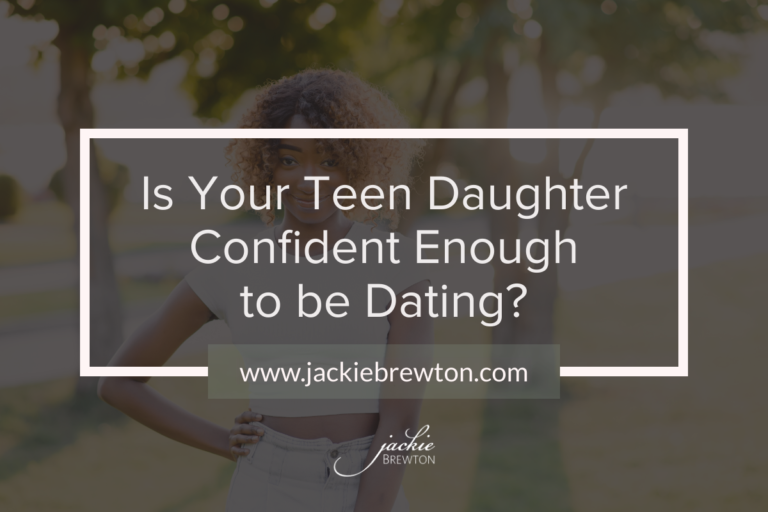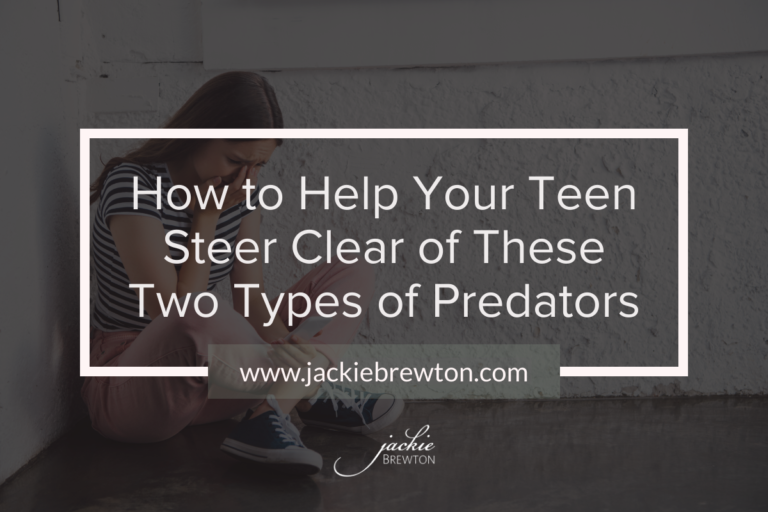Disney Made Them Do It?
 I read an article recently about Mercy Academy, an all girls’ Catholic prep school in Kentucky, that created a promotional video telling girls:
I read an article recently about Mercy Academy, an all girls’ Catholic prep school in Kentucky, that created a promotional video telling girls:
“You are not a princess!”
The purpose of the campaign/video was to let the girls know they should not wait for their Prince Charming.
Instead, they should prepare for real life.
The school promises the girls that no one will have to rescue them because Mercy Academy will prepare them to be able to rescue themselves.
They are not princesses.
They are so much more!
A Disney Dilemma
When I read the article, I immediately thought of the many conversations I’ve had over the years with 8th grade girls about the effects of the “princess” phenomenon that has permeated our culture.
Typically, the topic leads to “Disney” whenever we are discussing why there is so much pressure on middle school girls to have boyfriends.
One day I asked a class of 8th grade girls why they seemed so obsessed with having a boyfriend and doing whatever they thought their boyfriends wanted.
Several of the young ladies brought up the media as the reason and said they were programmed from a very young age to believe that having a boyfriend was what validated them.
When they made that statement, it made me think about how frustrated I would get when I watched television with my niece when she was 8 or 9 years old.
I was frustrated because most of the shows on the Nickelodeon, Disney and ABC Family channels had an underlying theme of “girl must have a boyfriend or she’s a loser.”
Having worked with teen girls, I knew how detrimental that messaging could be.
And to make matters worse?
These media messages start targeting girls much younger than 8 or 9 years old.
Every Princess “Needs” a Prince
Several of the 8th grade girls asked me if I had noticed how many Disney princesses were “saved” by a prince.
They then said, “We’re taught by the media when we’re really little [toddlers] that we need a boyfriend to be happy.”
Peggy Orenstein, author of “Cinderella Ate My Daughter,” shared how this messaging impacts girls at a young age in an interview with the NBC affiliate in Berkley, CA:
“If a girl played princess only for a little while, that would be one thing. But you have princesses at three and LipSmackers at four and Bratz dolls at six and ‘Keeping Up With The Kardashians’ at 10.”
Unfortunately, now it’s not enough for the girls to just have a boyfriend.
After they get a boyfriend, they feel they must do whatever the boyfriend wants in order to keep him.
And many girls have even taken that a step further because they now anticipate what he will want (sometimes inaccurately), before he has a chance to even ask for it.
Which often results in teen girls becoming sexually active.
Am I saying Disney is the reason teen girls are having sex?
No.
At least not directly.
But, I do believe girls’ obsession with finding their “prince,” (often fueled by Disney movies), starts the chain of events that often ends with sex.
“It’s part of this culture that encourages girls to define themselves through beauty and play-sexiness—and eventually, real sexiness—and I don’t think that’s the yardstick we want our daughters measuring themselves by.” ~Peggy Orenstein
Princess Proof
While being a princess isn’t a bad thing, I believe Mercy Academy’s attempt to elevate the aspirations of the girls from a world of fantasy to the real world is admirable.
Just as Mercy Academy’s message to girls assures them that they are not princesses because they are so much more, we must help girls set goals of becoming so much more than a girlfriend.
They should not be defined by whether or not they have a boyfriend, but unfortunately that’s how many girls measure their worth.
“I feel much more confident about myself after this class. I’ve never had a boyfriend in middle school and have never been kissed. I thought that I needed to find a boyfriend, someone who would love me and kiss me.” ~8th grade girl
We can no longer allow our children (especially girls), to watch movies and television shows without understanding that the media is shaping how they see themselves.
Or how they should behave in relationships.
What can parents do?
- Monitor the television shows that girls watch, starting when they are toddlers.
- View and discuss the shows with your daughter. Don’t rely on her brain to understand the difference between fantasy and reality.
- Teach girls (at a very young age), that they have value because of who they are, NOT because of who they’re with!
How do you think the media affects teens’ sexual decisions and how do you help your daughter become media literate?
Please share your thoughts in the comments below.




J. Johnson
December 14, 2013 at 9:16 amJackie,
You have once again made very vital points. It amazes me that when I grew up having a boyfriend/man was what we were taught. I see the pattern in most of my nieces. I talk to my daughter I explain to her that she is more than the labels society has said or oven what classmates and teachers say. Watching certain television shows did effect how she saw herself. Its a process since I didn’t start teaching her this as a toddler. I wish I myself knew. I.m thankful again for your blog. You are helping me guide and teach my daughter and future generations. Sincerely, Jonava
Jackie Brewton
December 14, 2013 at 3:41 pmJonova,
Thank you for consistently commenting on my posts. I really appreciate the time you take to not only read them, but also leave a comment. Yes, the media is a very powerful influence on young people. We need more parents like you who are determined to lead and guide their daughters to healthy futures. All the best, Jackie